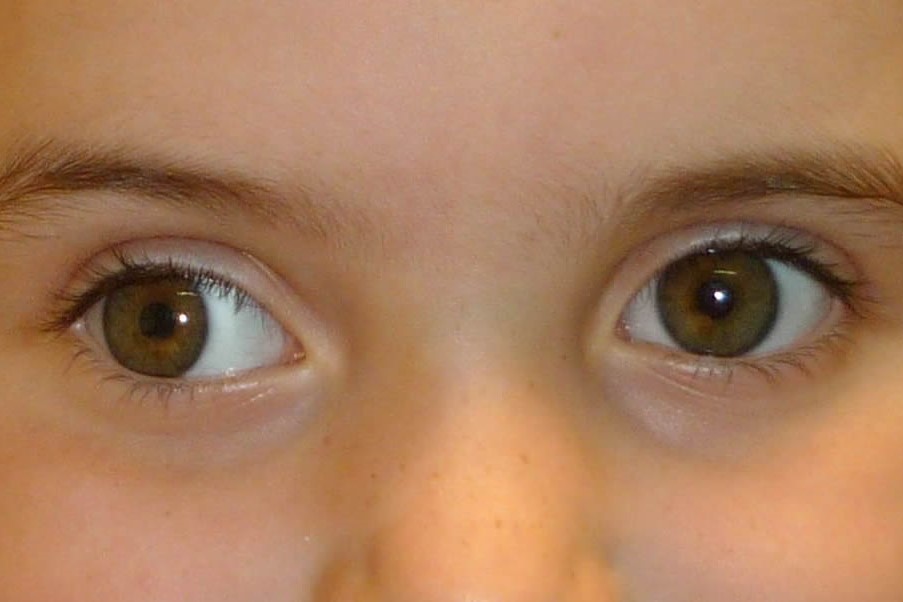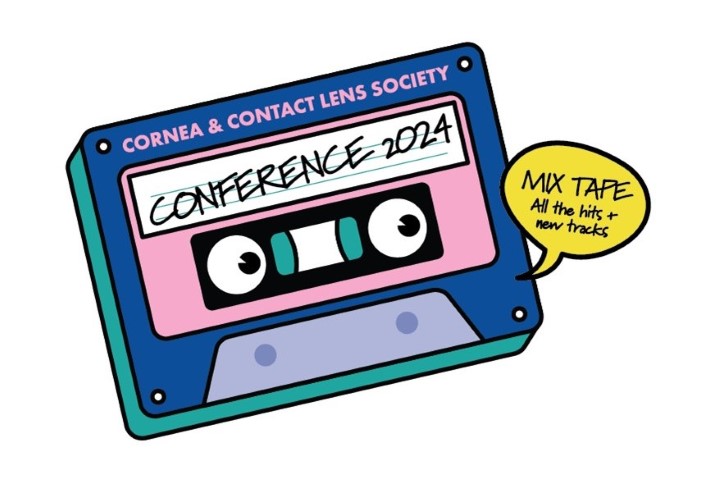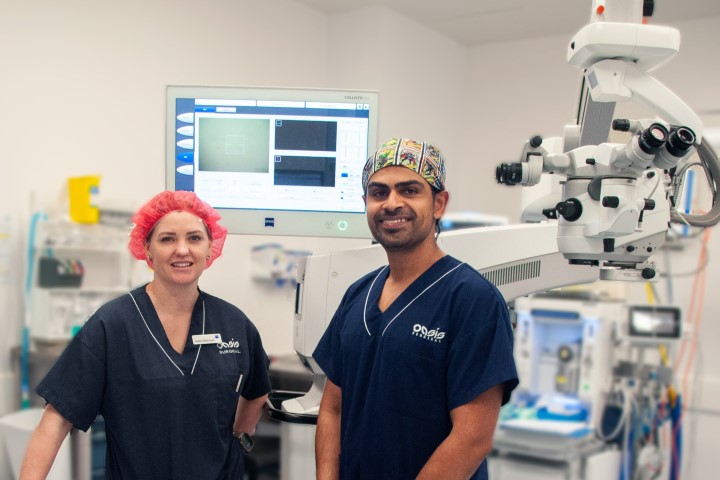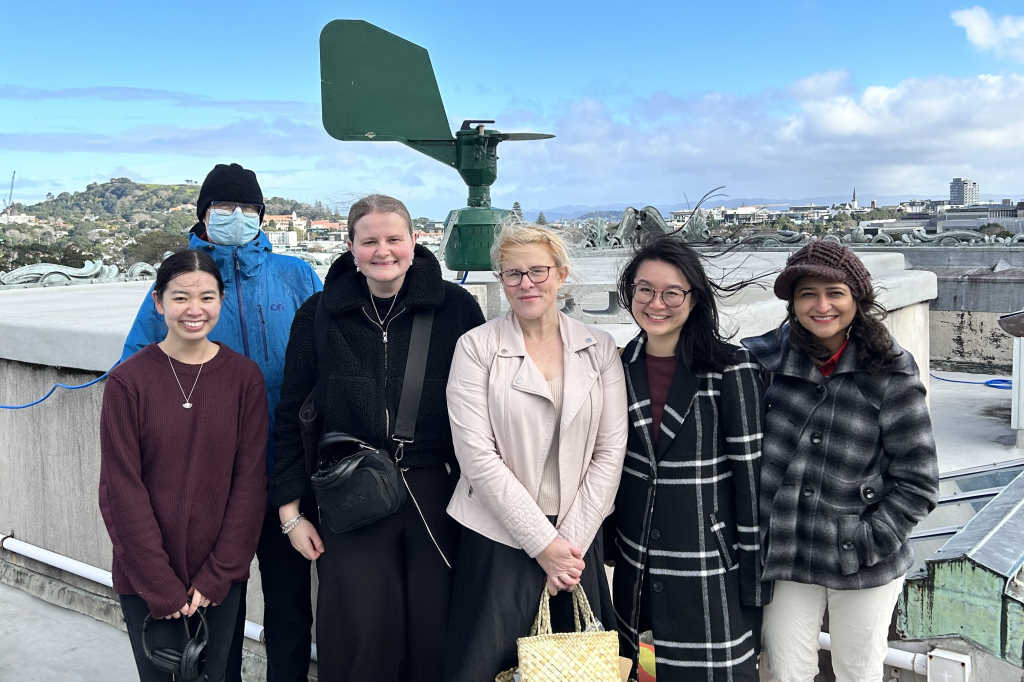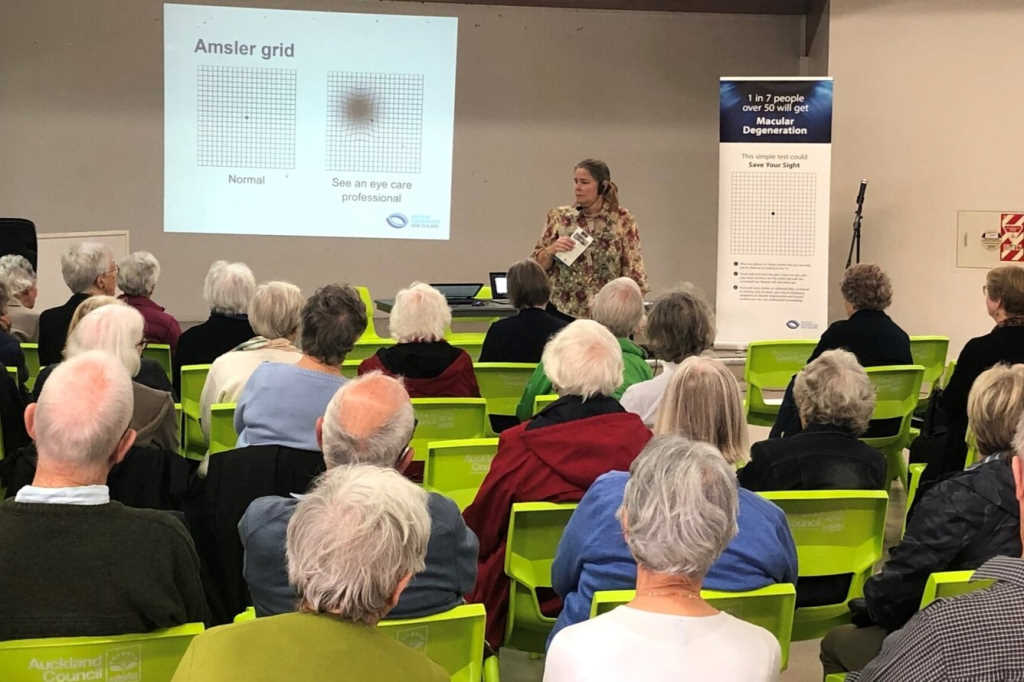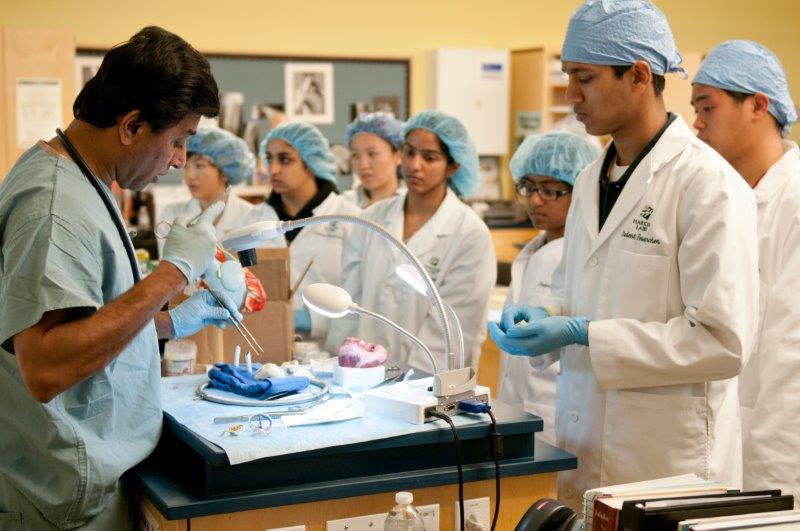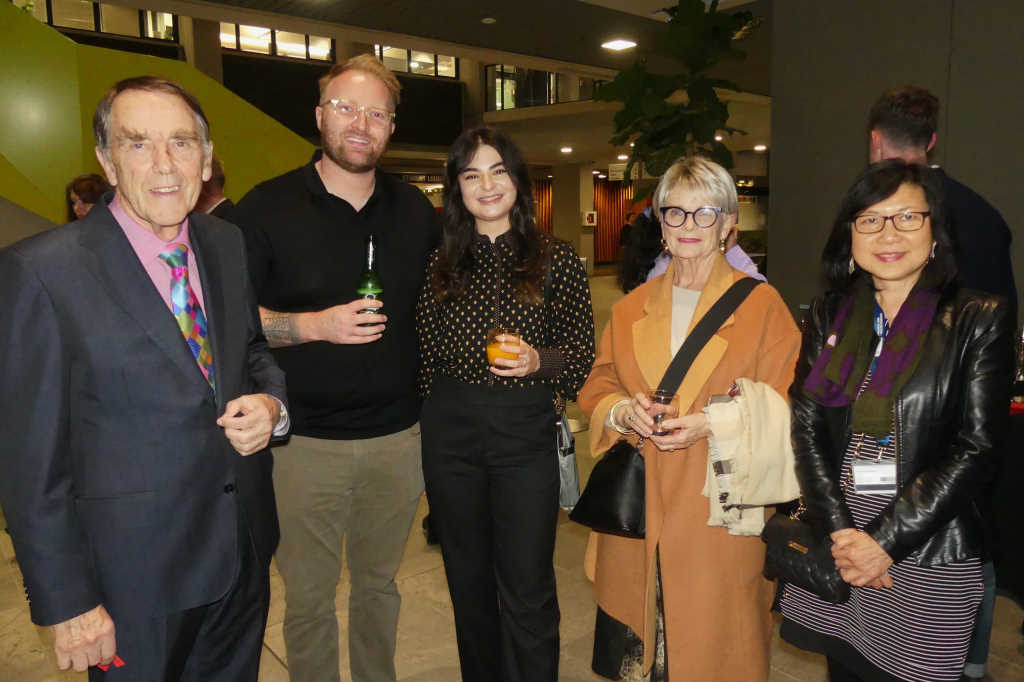No disadvantage delaying XT surgery
A Paediatric Eye Disease Investigator Group (PEDIG) study shows that early surgical treatment is not required for the prevention of motor deterioration or loss of stereoacuity in most children with intermittent exotropia (XT).
In the study published by Ophthalmology, researchers followed the natural course of XT in 183 children aged 3-10 over three years, to observe if delayed surgery resulted in deterioration of motor and/or sensory control. The study concluded there is no harm in delaying surgical intervention for the XT population and that other therapeutic interventions can be tried first without any concern regarding long-term outcomes.
Among the 132 participants who completed the three-year visit and had not been treated during the study, only 1 (<1%) met motor or stereoacuity deterioration criteria at three years. Between the baseline and three-year exam for the 132 participants, improvement occurred in distance and near stereoacuity (mean improvement = 0.14 and 0.14 log arcsec; P = <0.001 and <0.001, respectively), distance exotropia control (mean improvement = 0.6 points; P = <0.001), and distance exodeviation magnitude (mean improvement = 2.2Δ; P = 0.002).










